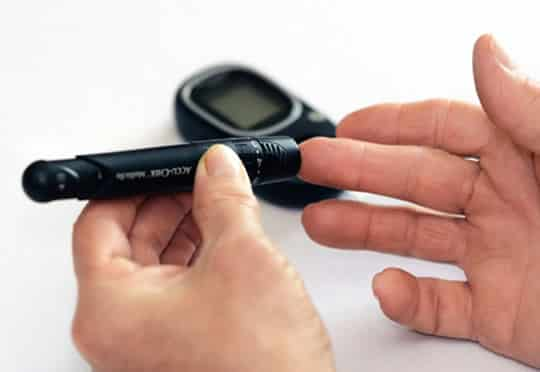Diabetes is treatable without heavy calorie restrictions and draining weight management plans.
People who lose at least 10 percent of their body weight in the first five years after being diagnosed with type 2 diabetes are most likely to get rid of the disease, research reveals.
The study found that 10 percent weight loss can double the chance of remission compared with patients who lose no weight.
This means that people with diabetes can overcome the disease as long as they gradually lose weight.
Dr Hajira Dambha-Miller, the study’s first author, said:
“We’ve known for some time now that it’s possible to send diabetes into remission using fairly drastic measures such as intensive weight loss programmes and extreme calorie restriction.
These interventions can be very challenging to individuals and difficult to achieve.
But, our results suggest that it may be possible to get rid of diabetes, for at least five years, with a more modest weight loss of 10%.
This will be more motivating and hence more achievable for many people.”
More than 400 million people in the world have type 2 diabetes and are in danger of having heart disease, blindness, stroke, and lower limb amputation.
Medication combined with positive lifestyle changes can help patients cope with the condition.
But rigorous exercise regimes or strict diet plans have been shown to return blood glucose levels to normal and treat diabetes.
The weight loss management programmes usually require rigid calorie restrictions over a short period of time.
Past studies have been shown that nine out of ten newly diagnosed patients and 50 percent of people with long-term diabetes have recovered from the disease when they followed an intensive low-calorie diet for eight weeks under clinical supervision.
The very low calorie diet involves eating 700 calories per day, a similar amount to one large cheeseburger.
Professor Simon Griffin, study senior author, said:
“This reinforces the importance of managing one’s weight, which can be achieved through changes in diet and increasing physical activity.
Type 2 diabetes, while a chronic disease, can lead to significant complications, but as our study shows, can be controlled and even reversed.”
The study was published in Diabetic Medicine (Dambha-Miller et al., 2019).

